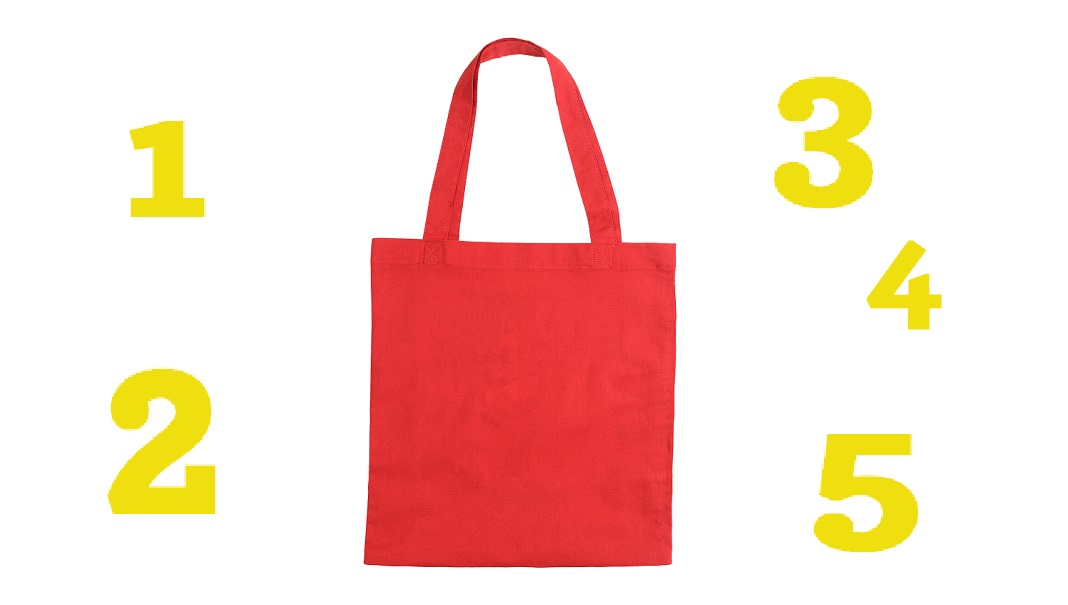Top 5 Seasonally Jewish Businesses

There’s another form of seasonal business: the business that is momentarily Jewish

T
here are plenty of seasonal businesses. If you sell winter coats, summer is definitely a slow season. If you sell those silly glasses people wear at Times Square on New Year’s Eve, you probably spend the rest of the year pretty bored figuring out if there’s a market for glasses that say 2015 on them. But, there’s another form of seasonal business: the business that is momentarily Jewish. Normally, we assume “once a Jew, always a Jew.” Our identity is immutable. Business, however, is different. Corporations, stores, shops have figured out that there are moments when they will be flooded with Jewish consumers, and each Yom Tov has its own business it momentarily transforms into an in-store farbrengen. Before long, dry cleaners know when candle lighting is, the fruit store knows about the stresses of a three-day Yom Tov. I’m pretty sure my mechanic knows when the molad falls out. Just because a store is not owned or operated by Jews doesn’t mean it’s not a Jewish business. Sometimes for a few weeks, sometimes for only a few days, businesses step through the mikveh of dealing with Jewish consumers so that they can rightfully be called Jewish businesses.
1. Home Depot before Succos
After briefly perusing the prices at his local Succah Depot, Chaim knows this is going to have to be his year. He’s going to build his own Succah from scratch. How hard can it be? He takes his older son and announces triumphantly to his wife, “We’re going to Home Depot.” For a moment, he feels like the kind of man who mows his own lawn. Maybe, he even thinks, “I’ll buy a mower while I’m there. They sell mowers at Home Depot, right?” His wife doesn’t say much, but she knows how this ends. She doesn’t want to pour her natural skepticism on her husband’s newfound enthusiasm. She tries not to think about the time he tried to build a bookshelf from IKEA. She tries not to think about the time he tried to change a tire. Both incidents ended with her husband nearly losing a limb and storming off to stew in his silent angry inadequecy. But now is not the time for her to say anything. Instead, she just waves — “Good luck!”
As Chaim approaches Home Depot with his son, he already begins to roll up his white sleeves. He hasn’t felt this exhilirated since he gave his first chaburah in yeshivah — he hasn’t been this sweaty since then either. When he enters the store, expecting to see burly mustached lumberjacks hauling tree trunks over their shoulders, he’s instantly crestfallen: Home Depot looks like a minyan factory. Chaim doesn’t feel so special anymore. The Home Depot greeter turns to Chaim as he walks in: “Zip ties — aisle four.” Chaim glances over — most of his neighborhood is filing in and out of aisle four. But, Chaim came for more. “Where do you sell wood?” he asks. Before the Home Depot employee asks what type of wood he’s looking for, he catches himself. He can tell this guy doesn’t know what kind of wood he needs. Instead he walks him over to where they sell wooden slabs, perfect for a succah. “How much do you need?” Chaim thinks for a second: “About 11 tefachim,” adding as he whispers to his son, “Lefi shittas Rav Chaim Naeh.” The Home Depot guy doesn’t bother with more questions. “I’ll just ring you up in front and bring what you need to the car — anything else?” Chaim thinks for a second: “What aisle are your lawn mowers?” When he finally gets home to a mess of lumber, zip ties, screws, and rope, he’s already out of breath. Chaim turns to his son: “Can you get Tatty the phone?” Chaim takes the phones, dials, sheepishly walks into the backyard. “Hello, Succah Depot? Do you still deliver?”
2. Car Wash before Pesach
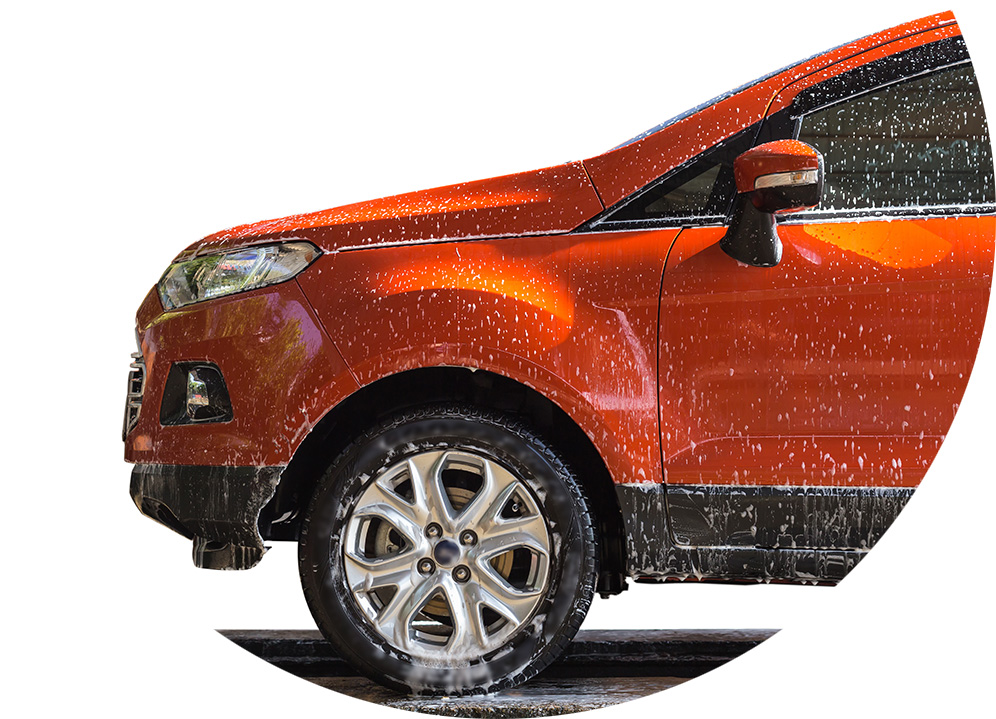
3. Barbershop after Lag B'Omer
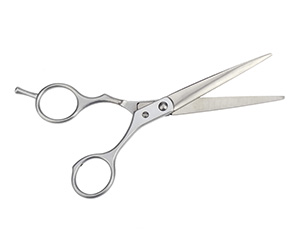
Here’s my poem I composed for these situations: I know you had an open chair // I just don’t like the way you cut my hair // You’re a nice barber and ton of fun // I’m so sorry, but I’m still gonna wait for the next one. A Gutten Lag B’omer, *signed* An awkward customer.
4. Thrift Store before Purim
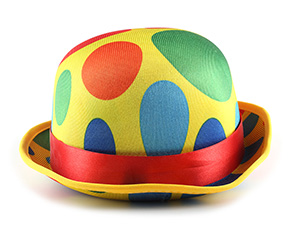
5. Carob Farmer before Tu B'Shevat
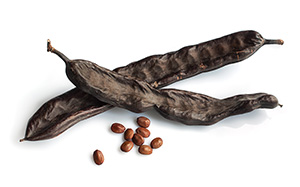
(Originally featured in Mishpacha, Issue 781)
Oops! We could not locate your form.






